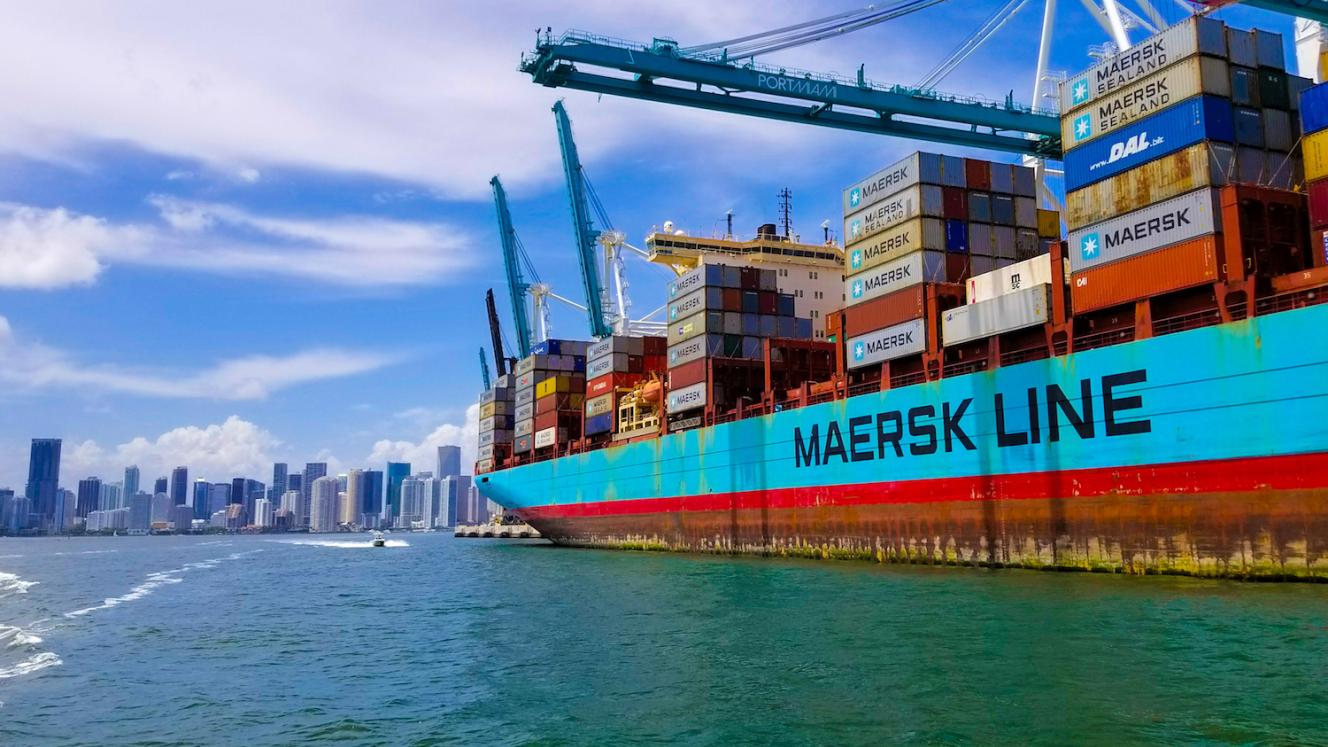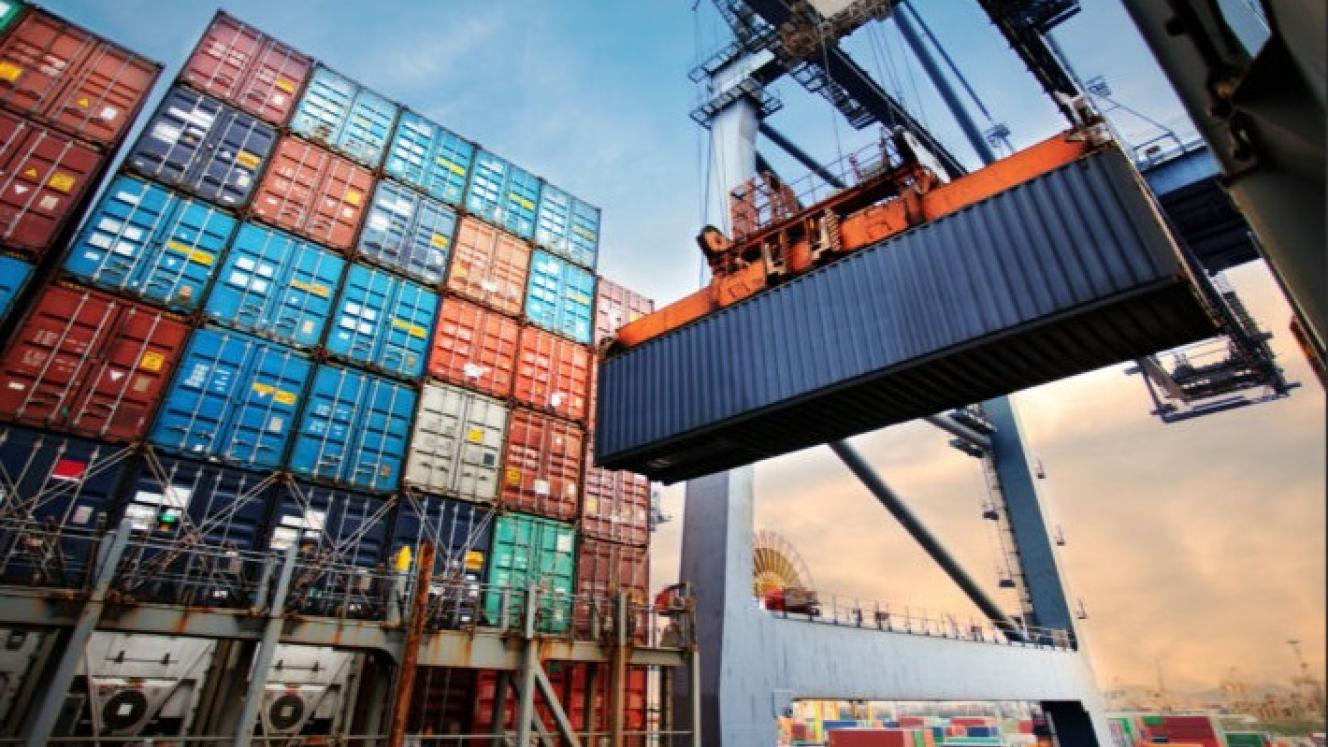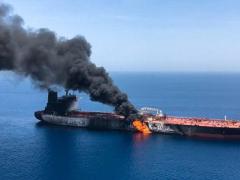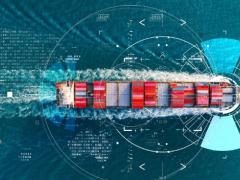A.P. Moller says its strategy of transforming the company from a shipping operation to a global integrator of container logistics is paying off, despite the loss for the first quarter climbing to US$239 million compared to US$139 million in the first quarter of 2017.
In the first quarter of 2018 the company created four new business segments in order to stem losses.
They are Ocean, Logistics & Services, Terminals & Towage and Manufacturing & Others.
"The new format reflects that we are an integrated global container transport and logistics business focusing on our customers' value chains, and it allows us to follow our progress, particularly in those parts of the business which are not purely ocean freight, which we need to grow in order to minimise the cyclical part of our business,” says Søren Skou, CEO of A.P. Moller – Maersk.
"In the first quarter of 2018, we reported a 30% revenue growth and the integration of the business is well under way with a successful start to the Hamburg Süd integration and the closing of Maersk Oil transaction in March with an accounting gain of US$2.6bn,” says Skou.
A.P. Moller - Maersk reports that in the first quarter of 2018 the company increased its revenue to US$9.3bn with volume growth in Ocean - excluding Hamburg Süd - at 2.2%, “as expected slightly below estimated global demand growth of 3-4%”.
The non-ocean businesses reported a revenue growth of 6% in Logistics & Services and 11% in Terminals & Towage, “reflecting strong growth in volumes mainly driven by commercial wins and new terminals and services.
“Further, synergies have been realised from increasing collaboration especially between ocean and gateway terminals, leading to volume growth significantly above the market growth,” says the company.
Earnings before interests, tax, depreciation and amortisation (EBITDA) increased by 5% to US$669m, negatively impacted by adverse rate of exchange development compared to the same period last year of around net US$100m.
Earnings in ocean of US$492m were impacted by higher unit costs “among others due to adverse developments in bunker price and rate of exchange”.
For the non-ocean businesses, the higher volumes in Terminals & Towage led to an improvement in EBITDA from US$139m to US$196m, while Logistics & Services reported slightly lower EBITDA of US$23m from US$32m.
The reported loss was due to taxes and “financial items”.













